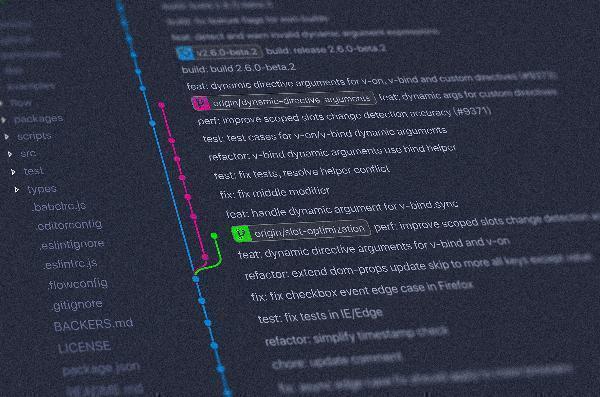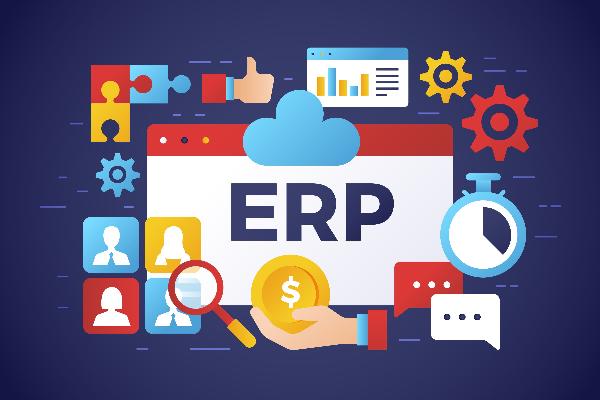Integrating Django with Modern Frontend Frameworks: Best Practices and Techniques

Strong 8k brings an ultra-HD IPTV experience to your living room and your pocket.
In today's fast-paced digital landscape, the demand for dynamic, responsive, and engaging web applications is higher than ever. Businesses and developers are constantly seeking efficient ways to integrate robust backend frameworks like Django with modern frontend technologies to deliver seamless user experiences. At the forefront of these integrations are Django development services, offered by various Django development companies and agencies. These experts ensure that your web applications not only function flawlessly but also look and feel modern and intuitive.
Why Integrate Django with Modern Frontend Frameworks?
Django is renowned for its "batteries-included" approach, providing a comprehensive suite of tools and libraries to streamline web development. However, while Django excels on the backend, handling complex logic and database interactions, modern frontend frameworks like React, Vue.js, and Angular are designed to enhance the user interface and user experience. Integrating these technologies allows developers to leverage the strengths of both worlds: Django's robust backend capabilities and the dynamic, responsive nature of modern frontends.
Best Practices for Integrating Django with Frontend Frameworks
Choose the Right Frontend Framework
Selecting the appropriate frontend framework depends on your project requirements, team expertise, and long-term maintenance considerations. React is favored for its component-based architecture and vast ecosystem, Vue.js is known for its simplicity and flexibility, and Angular offers a comprehensive solution with strong support from Google.
RESTful APIs and Django REST Framework
One of the most effective ways to connect Django with a frontend framework is through RESTful APIs. The Django REST Framework (DRF) simplifies the creation of robust and scalable APIs. By exposing your Django models and views as API endpoints, you can seamlessly interact with your frontend, enabling efficient data exchange.
Use Django’s Templating for Initial Page Load
For server-side rendering and initial page load, Django's templating engine can be employed. This approach helps with SEO and faster initial rendering times, especially for content-heavy pages. Once the initial load is complete, the frontend framework can take over, providing a dynamic and interactive user experience.
Webpack for Asset Management
Modern frontend frameworks often use tools like Webpack for bundling assets, managing dependencies, and optimizing the delivery of JavaScript, CSS, and other static files. Integrating Webpack with Django ensures that your static assets are efficiently managed and served, leading to faster load times and better performance.
Authentication and Authorization
Handling authentication and authorization in a seamless manner is crucial for maintaining security and a smooth user experience. Django’s built-in authentication system can be extended to work with token-based authentication methods like JSON Web Tokens (JWT), which can then be utilized by your frontend framework for secure user sessions.
Techniques for Effective Integration
Single Page Application (SPA) Architecture
Developing your project as a Single Page Application (SPA) can significantly enhance the user experience. In an SPA, the frontend framework handles routing and page transitions, making the application feel faster and more responsive. Django serves as the backend API provider, responding to data requests from the SPA.
Server-Side Rendering (SSR)
Server-Side Rendering (SSR) is beneficial for improving SEO and initial page load performance. Frameworks like Next.js (for React) and Nuxt.js (for Vue.js) enable SSR, ensuring that the content is rendered on the server before being sent to the client. Django can be used to serve the initial HTML, and the frontend framework can hydrate the page with dynamic content.
GraphQL Integration
While RESTful APIs are common, GraphQL is gaining popularity for its flexibility and efficiency. Integrating Django with GraphQL using libraries like Graphene-Django allows you to create more efficient data queries, reducing the amount of data transferred over the network and improving the performance of your web application.
State Management
Managing the application state is critical, especially in complex web applications. Frontend frameworks offer state management solutions like Redux for React and Vuex for Vue.js. These tools help manage and synchronize the state across your application, ensuring consistency and reducing bugs.
Component-Based Development
Adopting a component-based development approach helps in creating reusable and modular code. React’s component architecture, for example, allows you to build encapsulated components that manage their own state and logic. This modular approach facilitates easier maintenance and scalability of your application.
Real-World Applications
Many leading companies and projects have successfully integrated Django with modern frontend frameworks to create powerful web applications. For instance, Instagram utilizes Django for its backend, while employing React for its frontend components. This combination enables them to handle millions of users and provide a seamless social media experience.
Another example is Mozilla, which uses Django for various internal tools and projects, coupled with Vue.js for frontend development. This integration allows Mozilla to maintain a high standard of performance and user experience across their applications.
Conclusion
Integrating Django with modern frontend frameworks is a powerful strategy for developing high-performance, scalable, and user-friendly web applications. By following best practices and leveraging the right techniques, you can create robust solutions that cater to the needs of your users and clients.
Whether you're a business looking to enhance your online presence or a developer seeking to expand your skill set, partnering with a reputable Django development company or Django development agency can make a significant difference. These experts bring the necessary knowledge and experience to ensure that your integration projects are successful, delivering top-notch results that stand the test of time.
Note: IndiBlogHub features both user-submitted and editorial content. We do not verify third-party contributions. Read our Disclaimer and Privacy Policyfor details.







